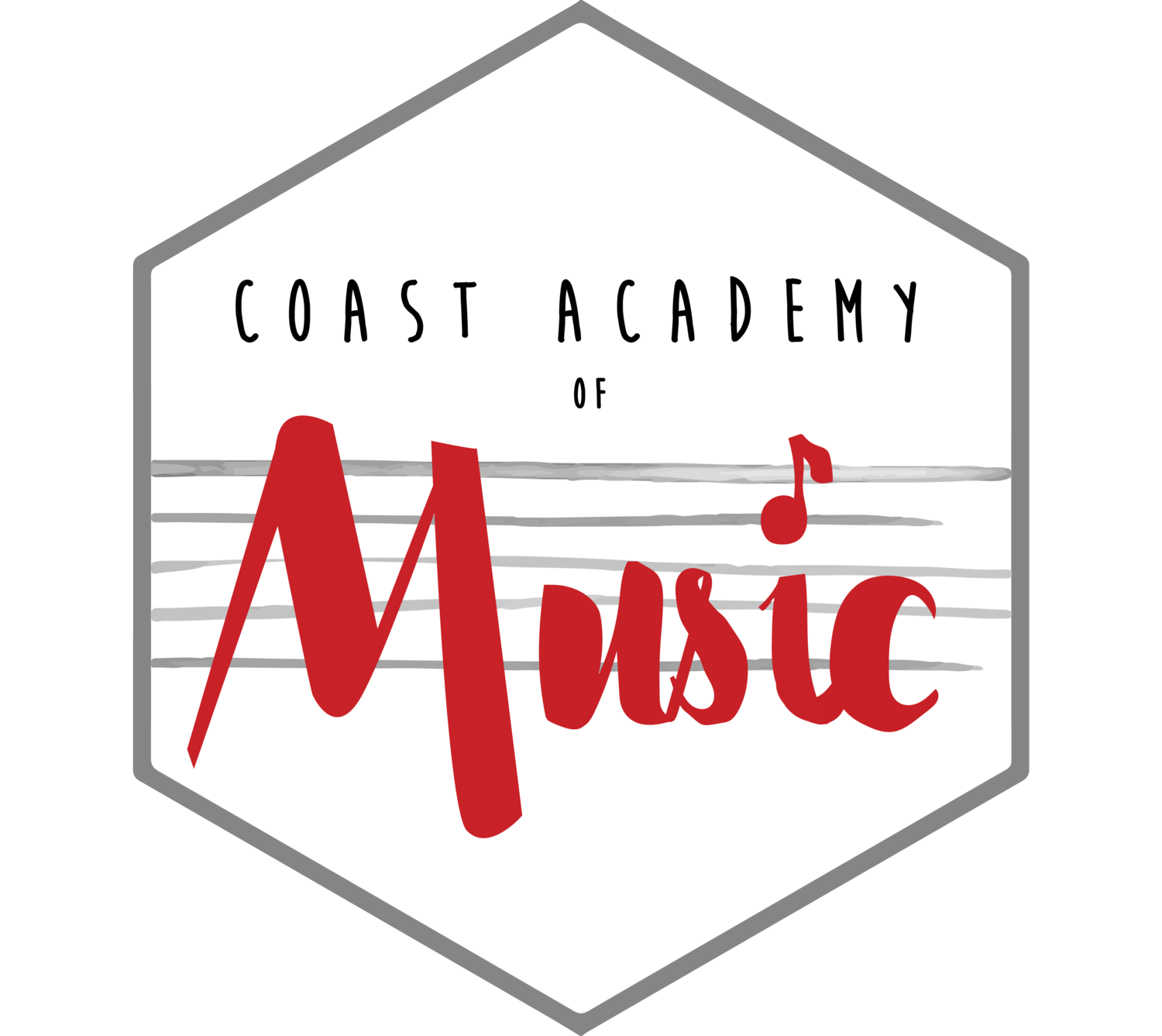Music and Memory
You know that obscure artist you know every lyric to on some throwback radio station segment? Bemused and confused you wonder how this has occurred. Only after some light Google searching and a eureka moment, you discover it’s because your mum had that artist’s CD on repeat from age 7-10 in the car? This is no coincidence.
Music has been proven to have all sorts of positive effects for brain function. Songs that make you happy or sad are actually changing your brain chemistry to feel these emotions. Sound waves can change your rate of breathing and heart rate to match the beat of the music, and processing music is one of the only tasks that actually requires both hemispheres of the brain. However, what I find most interesting is music’s effect on the brain's hippocampus. This is the part of the brain that deals with our long term memory storage.
At the 2014 Sundance Film Festival, a documentary titled “Alive Inside”, showcased the effect of music on Alzheimer’s disease and dementia patients. Needless to say the results were astonishing, with many unresponsive patients being able to show emotion and respond to questions. None of which they had done for years.
This is why the field of music therapy has begun to expand and be taken notice of by the in the disability sector for patients with these conditions, as well as autism, ADHD, and behavioural problems. I am excited to see the therapeutic effects music can have in the years to come with continued research and practical application.
